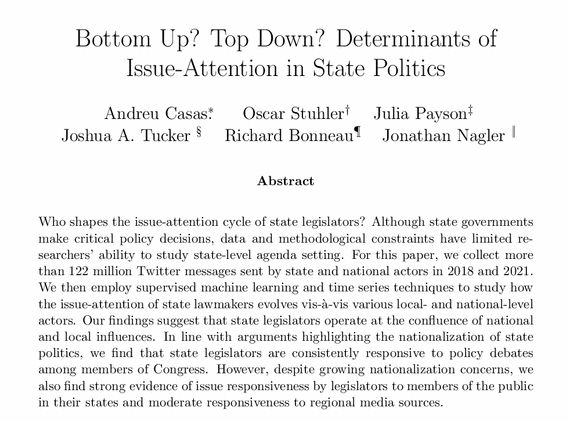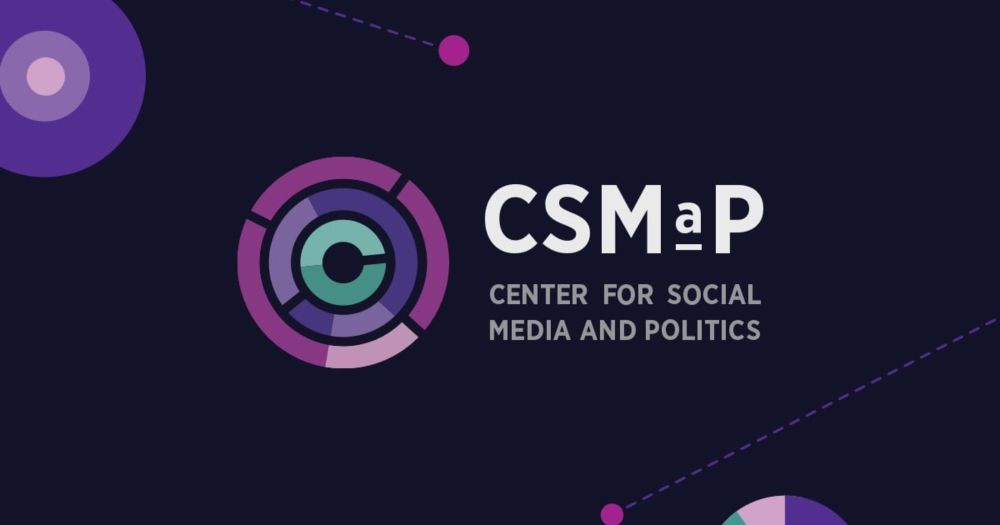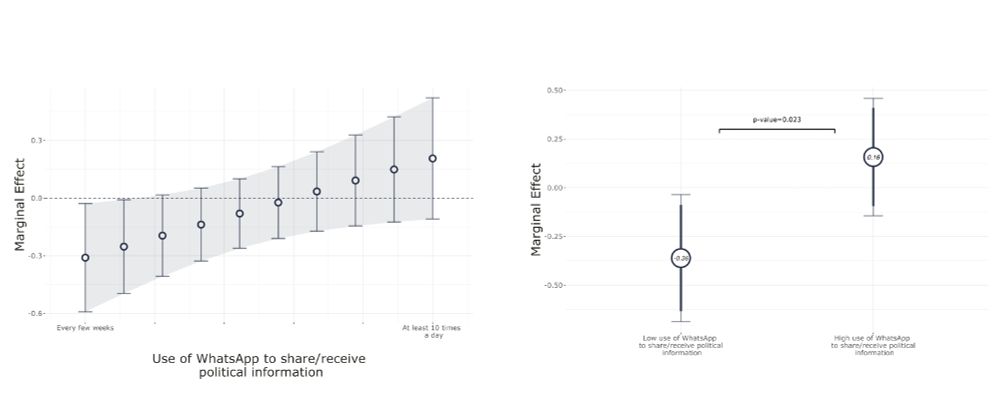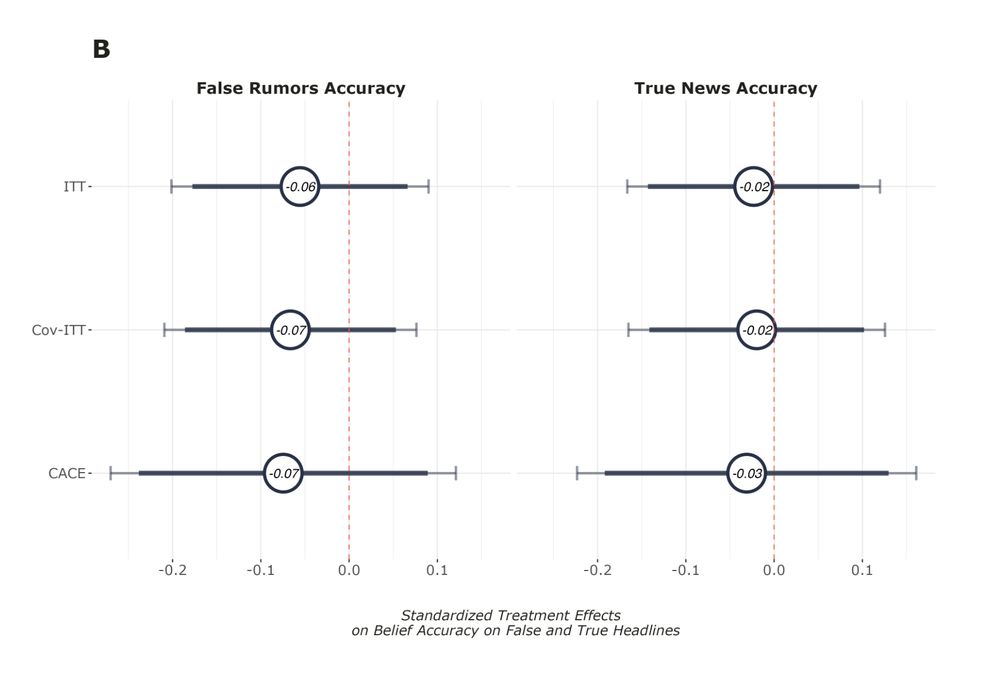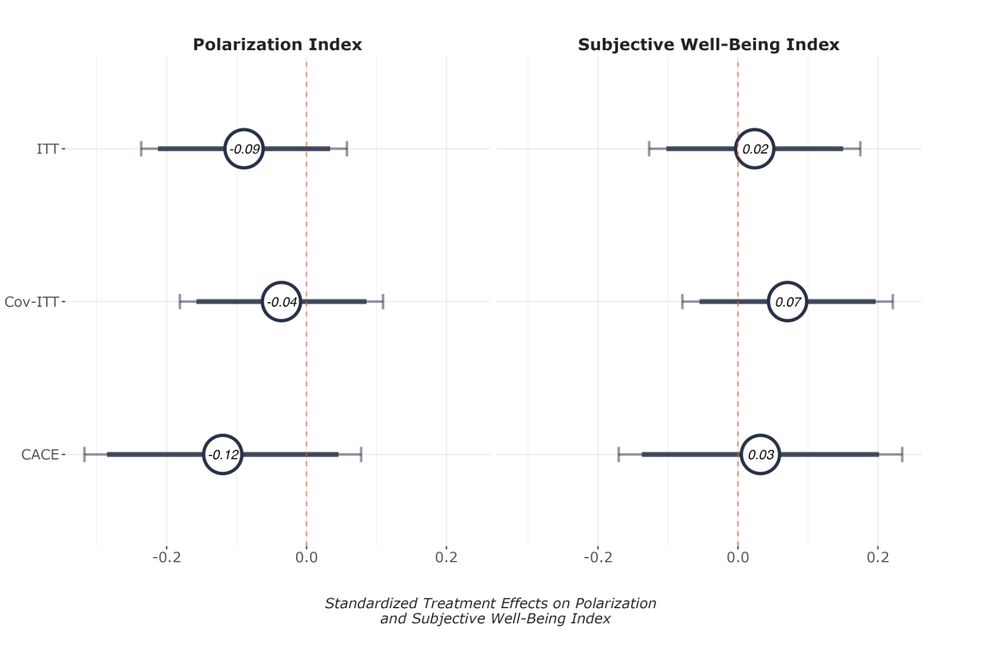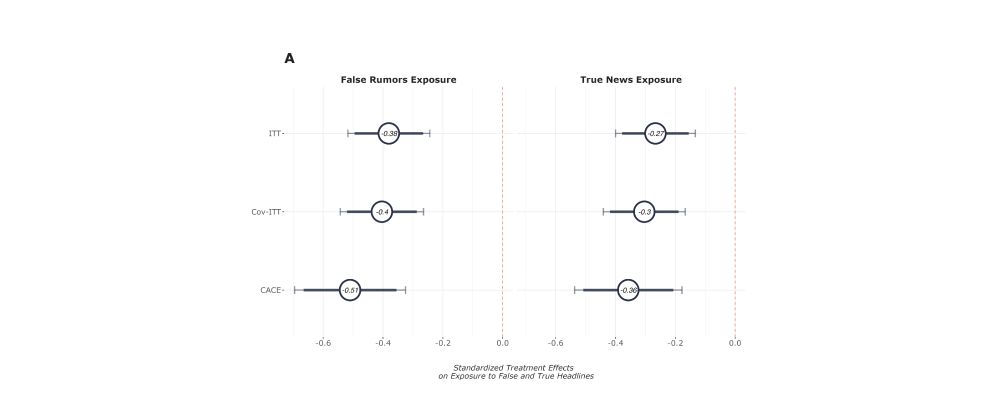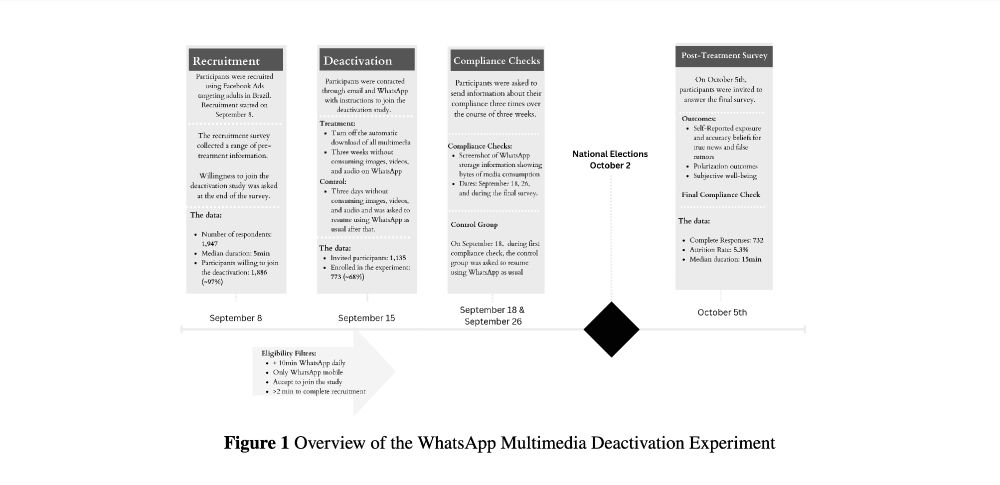
NYU's Center for Social Media and Politics
@csmapnyu.org
12K followers
620 following
430 posts
We work to strengthen democracy by conducting rigorous research, advancing evidence-based public policy, and training the next generation of scholars.
https://csmapnyu.org/links
Posts
Media
Videos
Starter Packs
Reposted by NYU's Center for Social Media and Politics
Reposted by NYU's Center for Social Media and Politics
Reposted by NYU's Center for Social Media and Politics
Reposted by NYU's Center for Social Media and Politics
Reposted by NYU's Center for Social Media and Politics
Reposted by NYU's Center for Social Media and Politics
Reposted by NYU's Center for Social Media and Politics
Reposted by NYU's Center for Social Media and Politics
Tiago Ventura
@tiagoventura.bsky.social
· Jul 17
In the Global South, WhatsApp is more popular than X or Facebook.
New in @The_JOP, we ran a WhatsApp deactivation experiment during Brazil’s 2022 election to explore how the app facilitates the spread of misinformation and affects voters’ attitudes.
www.journals.uchicago.edu/doi/abs/10.1...
New in @The_JOP, we ran a WhatsApp deactivation experiment during Brazil’s 2022 election to explore how the app facilitates the spread of misinformation and affects voters’ attitudes.
www.journals.uchicago.edu/doi/abs/10.1...
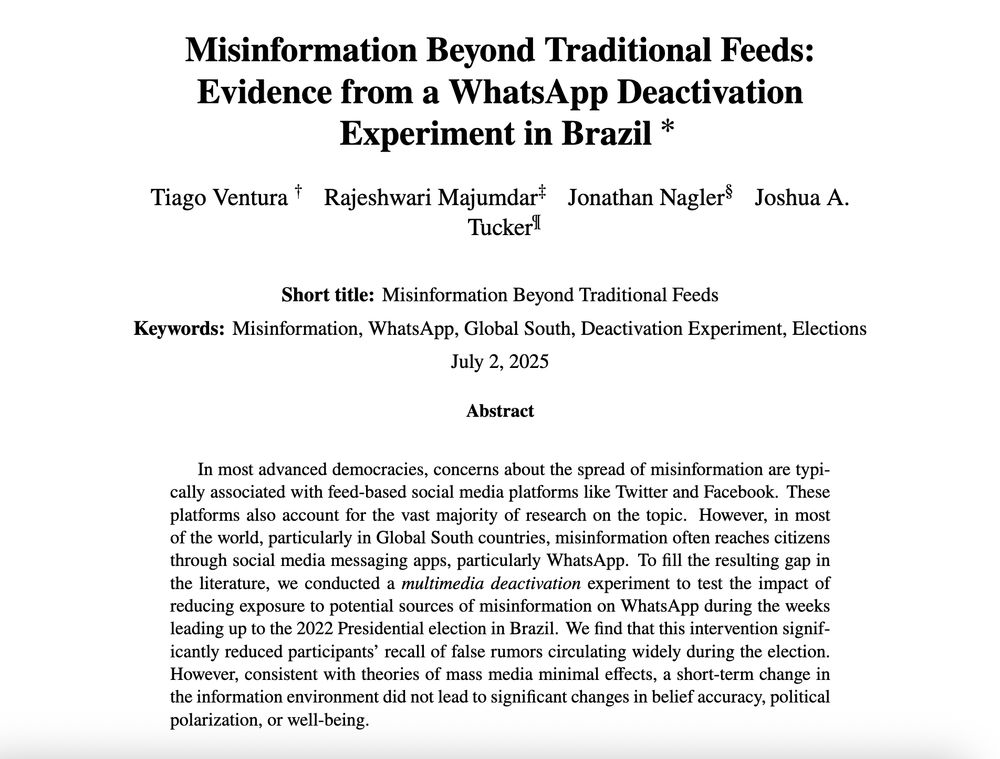
Reposted by NYU's Center for Social Media and Politics
Reposted by NYU's Center for Social Media and Politics
Hannah Waight
@hwaight.bsky.social
· Jun 18
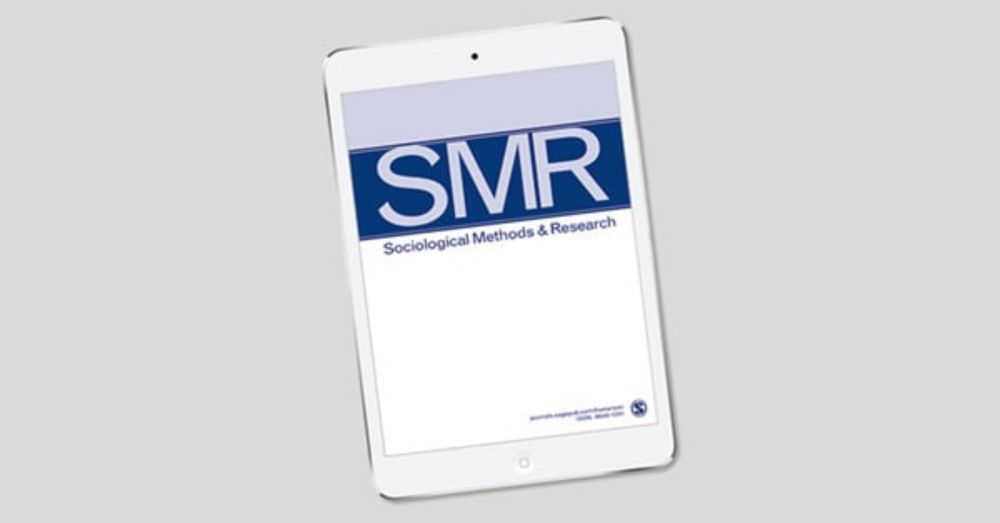
Quantifying Narrative Similarity Across Languages - Hannah Waight, Solomon Messing, Anton Shirikov, Margaret E. Roberts, Jonathan Nagler, Jason Greenfield, Megan A. Brown, Kevin Aslett, Joshua A. Tuck...
How can one understand the spread of ideas across text data? This is a key measurement problem in sociological inquiry, from the study of how interest groups sh...
journals.sagepub.com
Reposted by NYU's Center for Social Media and Politics
Andreu Casas
@andreucasas.bsky.social
· Apr 23
Amid growing DC gridlock, state legislatures play a vital role in shaping policy. But how do state lawmakers decide which issues deserve their attention? Our new @thejop.bsky.social paper is the first large-scale multi-state analysis exploring this question
www.journals.uchicago.edu/doi/10.1086/...
www.journals.uchicago.edu/doi/10.1086/...
